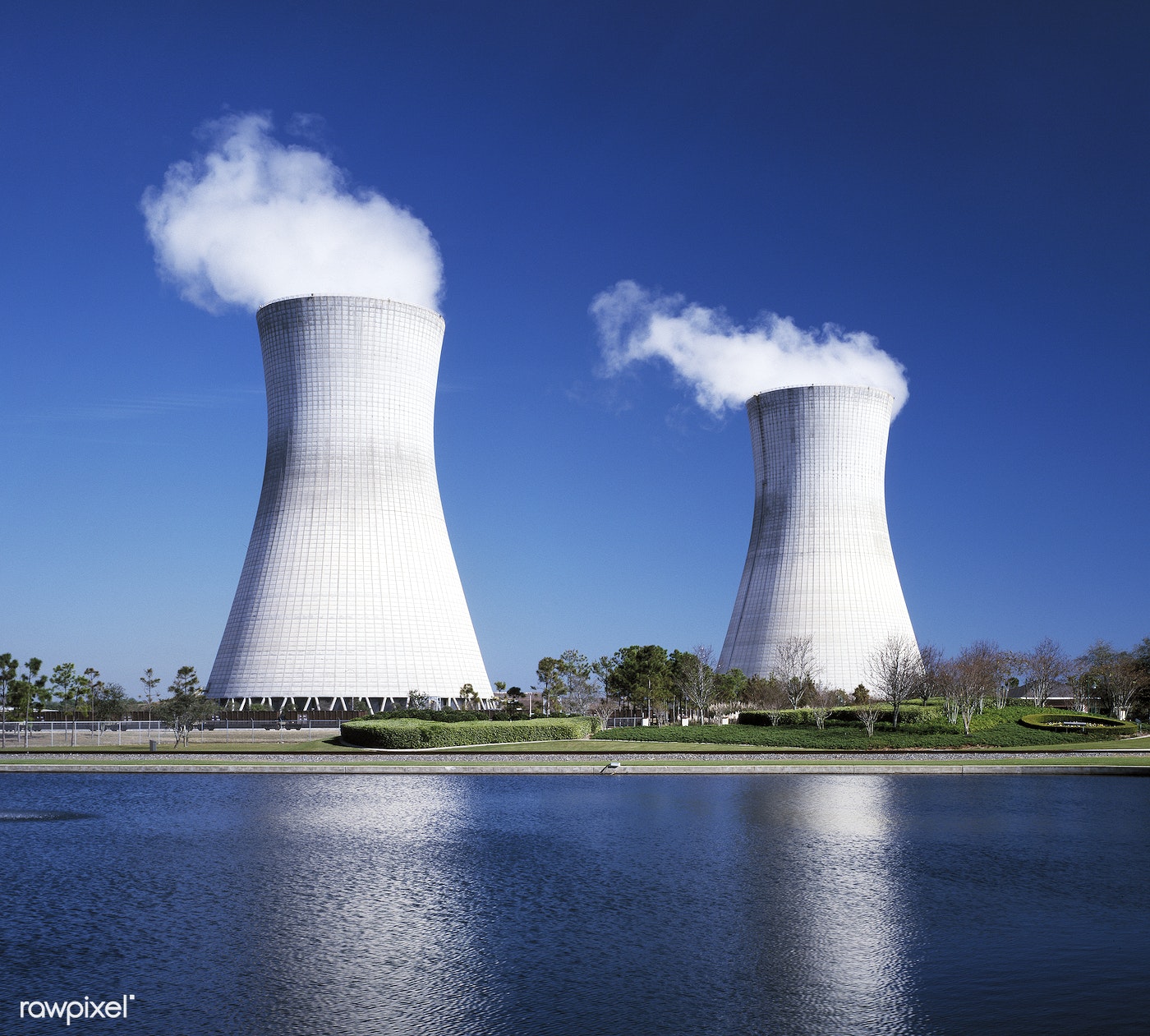
Source:rawpixel
What is nuclear energy?
Nuclear energy is the process by which the energy from nuclear fission is used to generate electiricity. Rods of radioactive material are immersed in water, which acts to cool them off. Once this water is heated, its steam is used to spin a turbine.
The Benefits of Nuclear Energy
Much like other modes of green energy, nuclear energy emits negligiable carbon and other greenhouse gases, relying exclusively on radioactivity and water. Additonally, nuclear generation is energy-dense: a single reactor may produce over a gigawatt of power - more than over 3 million 320-watt solar panels. Source: Energy.gov
The Drawbacks of Nuclear Energy
The foremost drawback of nuclear energy is its reputation. The Chernobyl disaster, especially, greatly reduced the public faith in the technology. Even though the Chernobyl plant was poorly designed, staffed, and maintained, fears that something similar could once again happen yet exist. Additionally, the initial building expenses of nuclear reactors are quite high, and determing what to do with nuclear waste will always be contentious.